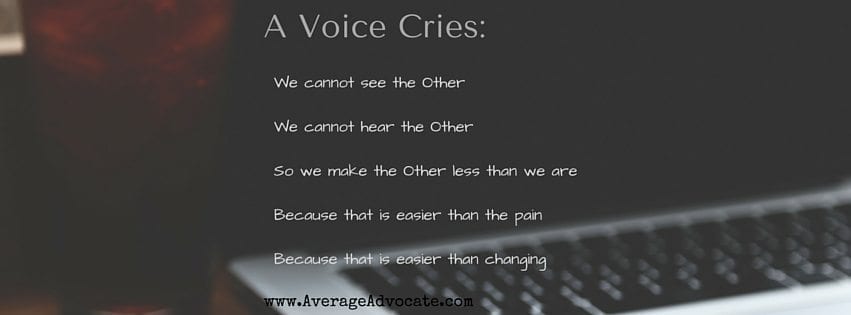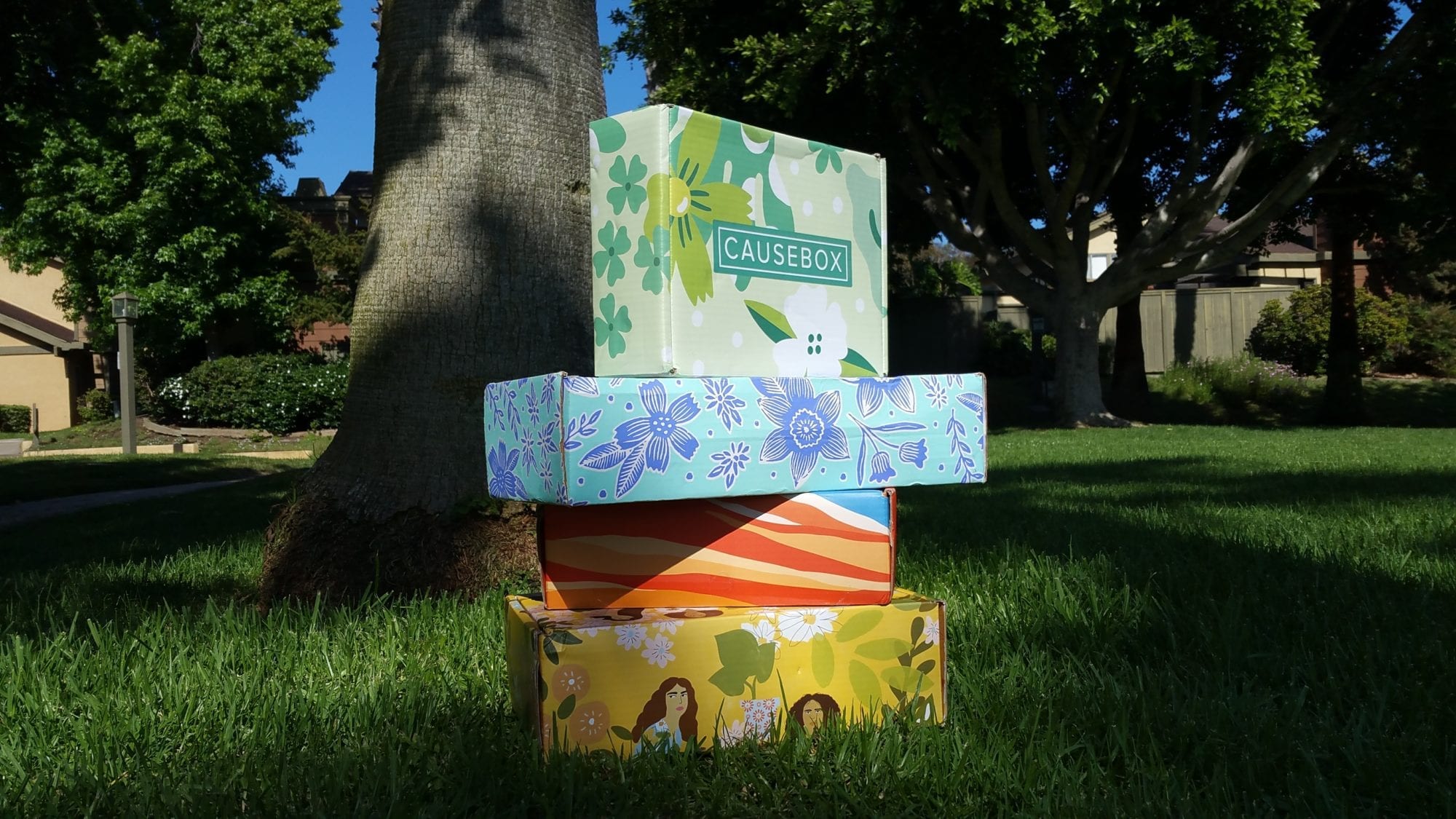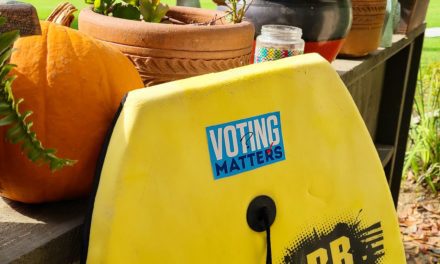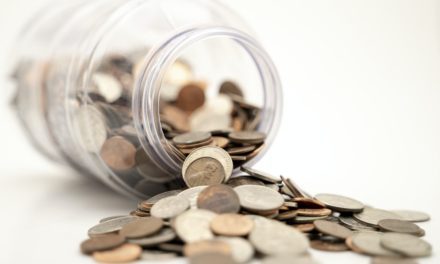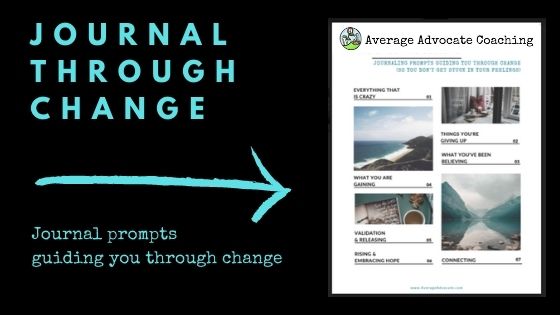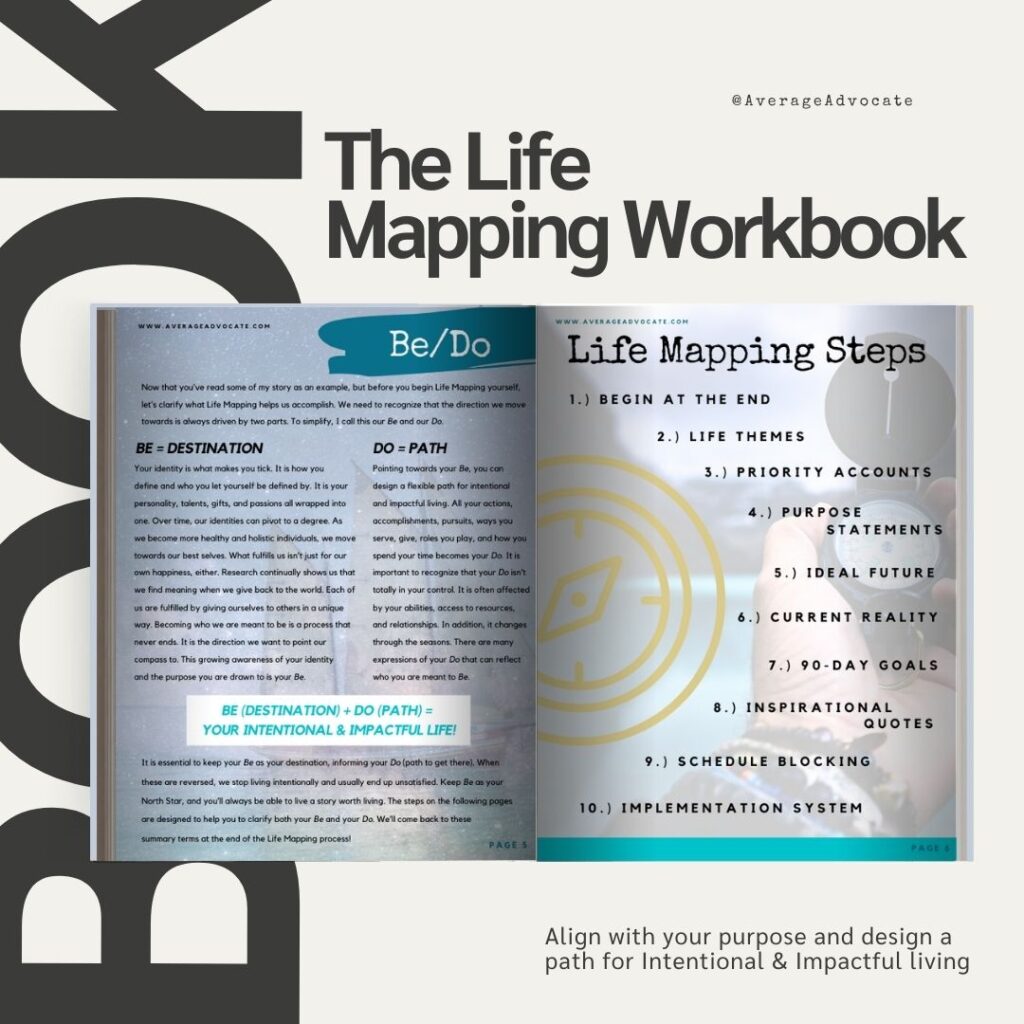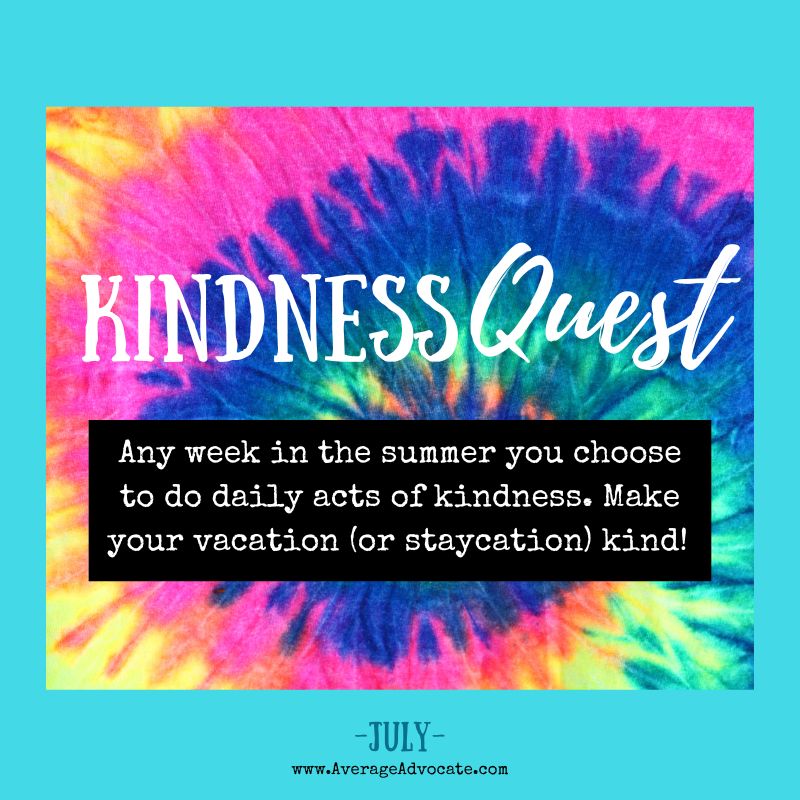Poway
Poway is my stomping grounds, a small town on the outskirts of San Diego that sees themselves as something different than the bustle of Southern California tourism and bikinis. Horses and hikers might be welcome here, but not hate crimes, like the shooting at the local synagogue that happened here earlier today.
Too often it is only once the unthinkable happens in front of us do we finally respond to something. But we must stop waiting until injustice is on our doorstep before we rise-up.
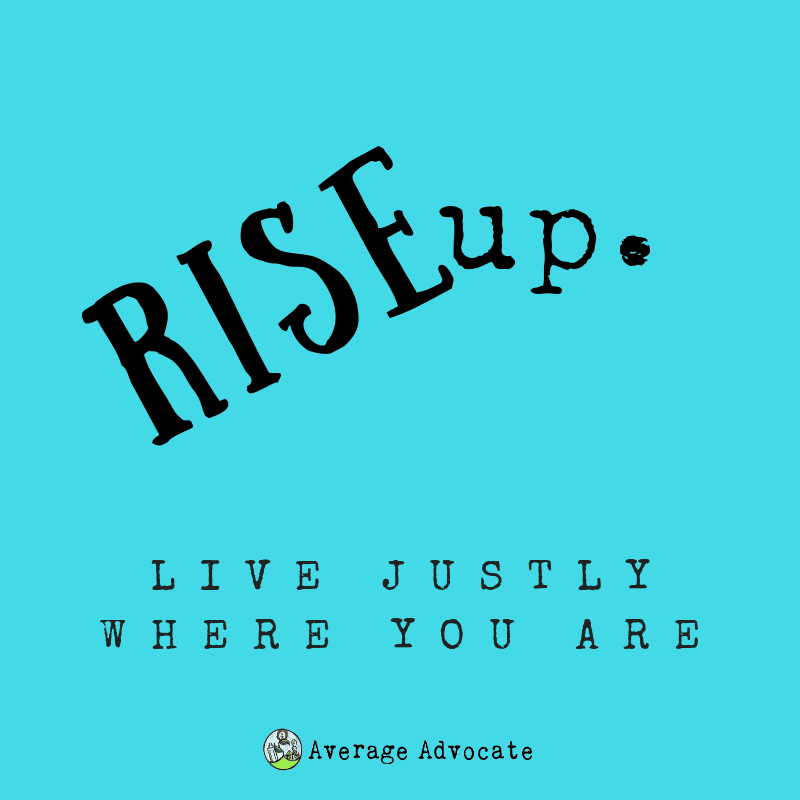
Do We Have Any Responsibility?
When I lived in the D.C. metro area, a guy was arrested for being willing to sell the undercover CIA with secrets that could lead to a terrorist attack. Everyone was so angry because he was from Ashburn! We shopped with him and pumped our gas at the same gas stations–and how dare he be willing to sell us out!
However, I lived there in that community and daily saw how people treated others that looked like him. For the most part, we contentedly lived in our segregated rich neighborhoods. We might only briefly talk to people that were different. It wouldn’t shock me one bit if there were no white Americans who ever smiled at him, were kind to him, or invited him to hangout. Sure, you can disagree with me, but for myself, it was the first time I really realized the blame wasn’t just on him, but on us too.
He came to the States already full of ideologies, easily taught from infancy. And then he came to Ashburn, in the richest county in the USA. Instead of being invited into relationships that might change his ideologies, his truths were affirmed: we were uncaring, selfish, materialistic and sometimes downright hateful. (This is based off of conjecture, but it is a valid one from those circumstances.)
I don’t remember what happened to the guy (it seemed he was baited into giving info), but it really made me look at how I was living justly in my everyday life when it came to ethnicity, hate, and whether I was welcoming or not. Although we might condemn him for his sin, we were still responsible for our own: that we didn’t love a person who was different from us, he who was “other.”
A Different, Better Way
On the flip-side, my dad would come visit and in the same day make friends with an Arab Muslim sitting by the University, two refugees from Egypt on the bus, the young Jehovah’s Witness who came to my door, three Indian moms at the school pick-up, a Pakistani doctor-turned-gas-station-employee, and four El Salvadorians at the grocery store (who worked two jobs to make ends meet). This is only a slight exaggeration–maybe he only met four or five new people a day. It annoyed me and drove me crazy he would be handing my number out to random people he collected that day.
But the truth is, although he could be socially awkward and sometimes too much and too over the top in his friendliness, I admired and learned from his bold audacity to love those who were different. I resolved to try to live justly, lovingly, towards those I met.
In addition, just in case I met someone who was full of hate, I figured that by being kind, loving, and welcoming to those around me, I would model and be an example to those who were full of hate. They might see a different way.
Living Justly Where We Are
With an anti-Semitic attack on my figurative doorstep, I can’t help but go back to this story. Nothing ever justifies hate, and of course justice should prevail. And nothing can 100% prevent hate crimes, although there is more we can do to prevent them. But, was I living justly by loving those around me? Were we living justly?
For I could have pumped my gas next to this guy last week or bought my groceries with him at Coscto yesterday. Did I smile at him, if so?
Maybe four years ago he visited my church. Did we love him and give him a different ideology, if so? For those from Poway in my church who are in my class on Biblical Justice, have I empowered them to love others? To be able to have respectful, healthy conversations with those around them–like maybe this guy–on issues like race and hate?
What about those in our women’s ministry? Do those who come to the She:Talks feel like they can now have real and raw discussions about social issues while still showing love? Because it is fully possible this guy went to one of their houses, as their son’s friend, after a baseball game one night last week.
What if I had planned an event in Poway about trafficking? What if he talked with me after I spoke, as some do in disagreement, but through it saw people fighting for human value and that conversation shifted his trajectory?
What if he was at the Poway library at the same time I was, and overheard me teaching my children about loving others as we read a book together, and something I said could have stuck with him? I know conversations I overhear at public places sometimes impact me a lot. It could have with him too.
Maybe he has a brother or sister in my kids’ school. Are my kids standing up for others there? Can I bring teaching to that school that will expose them to human value and encourage them to care for others of all cultures and races?
No, I don’t take responsibility for him. And even if you knew him personally, you shouldn’t either. He is responsible for his own horrific actions, hurting, breaking, and instilling fear into so many.
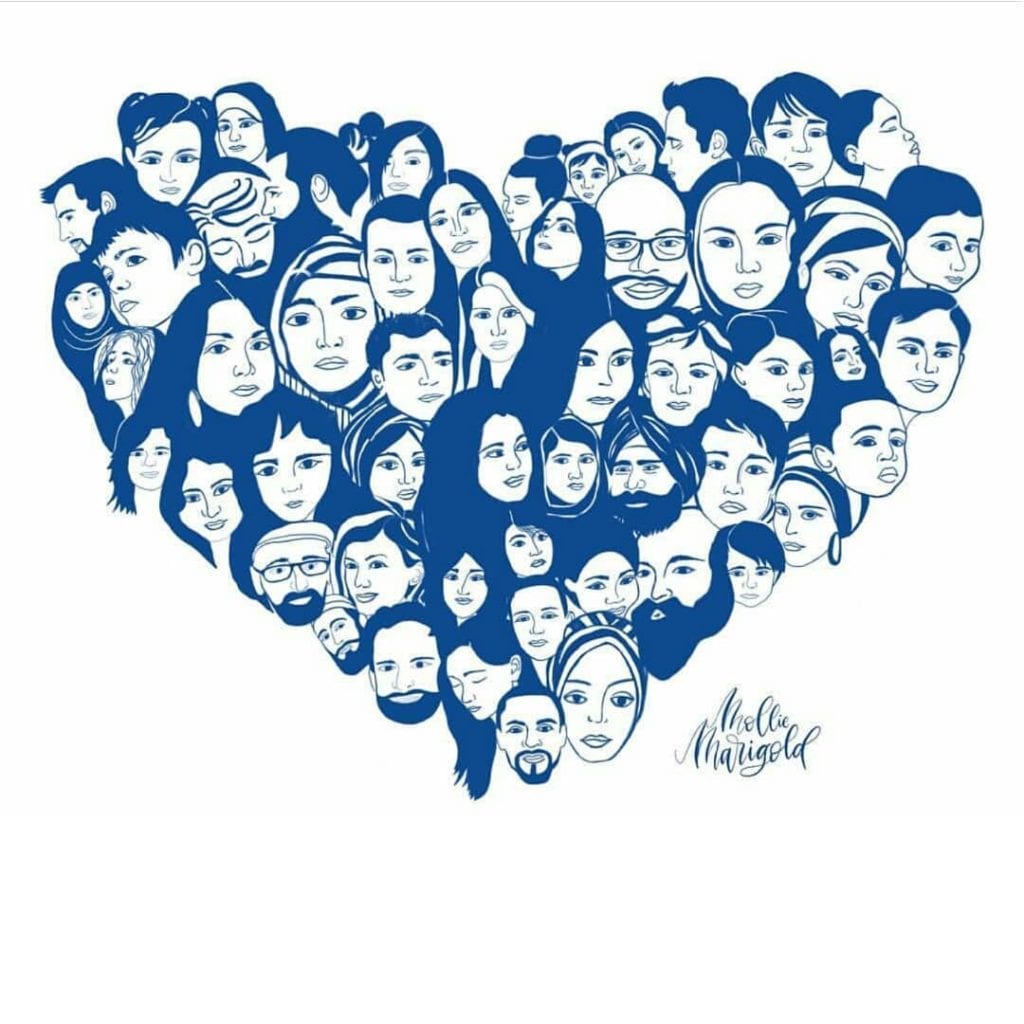
Preventing Further Hate Crimes
But we are responsible for rising-up, to use this as a wake-up call to live justly in whatever little, modest, and limited way we can–which is not indifference, but with intentionality. Because for all we know, the conversations, comfort, and smiles we give today will be what prevents the shooting in two, twelve, or twenty years from now.
Culture changes when we live justly by seeing people, loving others where we are at, for we have, always have been and will always be the change-makers. (And for those who consider themselves a fellow Christian, we believe we are the plan to bring heaven to earth. We might not do it alone, but we cannot ignore our calling, our part in the story.)
It us up to us whether we will take on this responsibility or not of being change-makers. Even if it is just in values, teaching your kid to stand-up for and really see the kid next to them at school, be alert, awake, and see that it is time to rise-up. Our little decisions today affect the possible shootings and hate crimes of tomorrow.
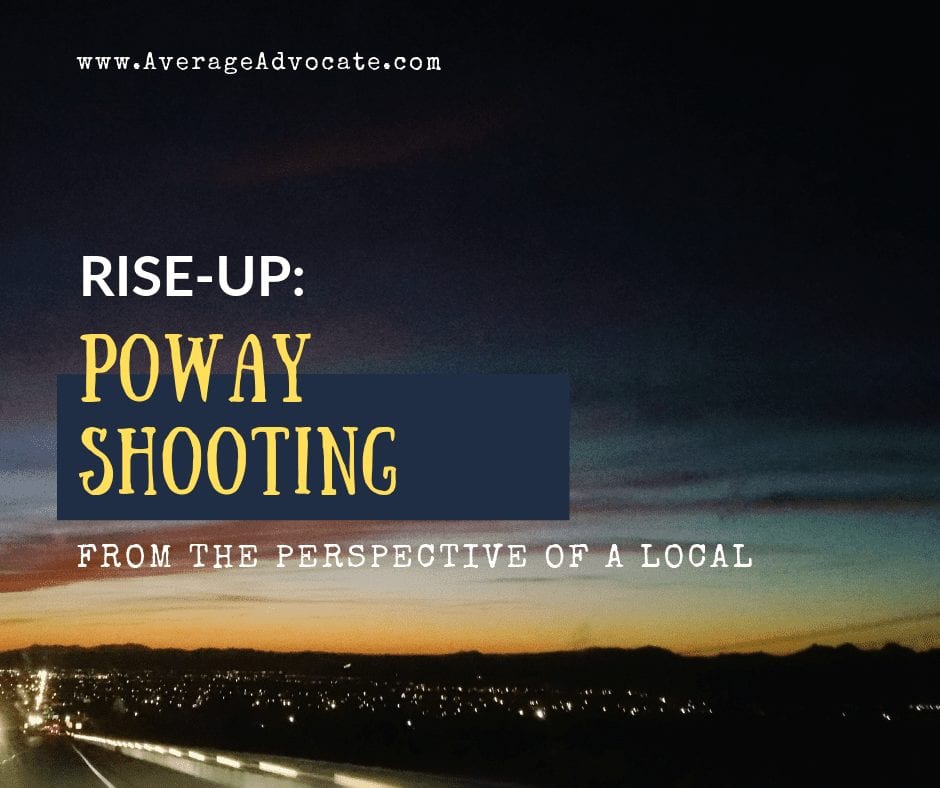
READ MY (VERY) OLD POST FROM THE SANDY-HOOK SHOOTING

